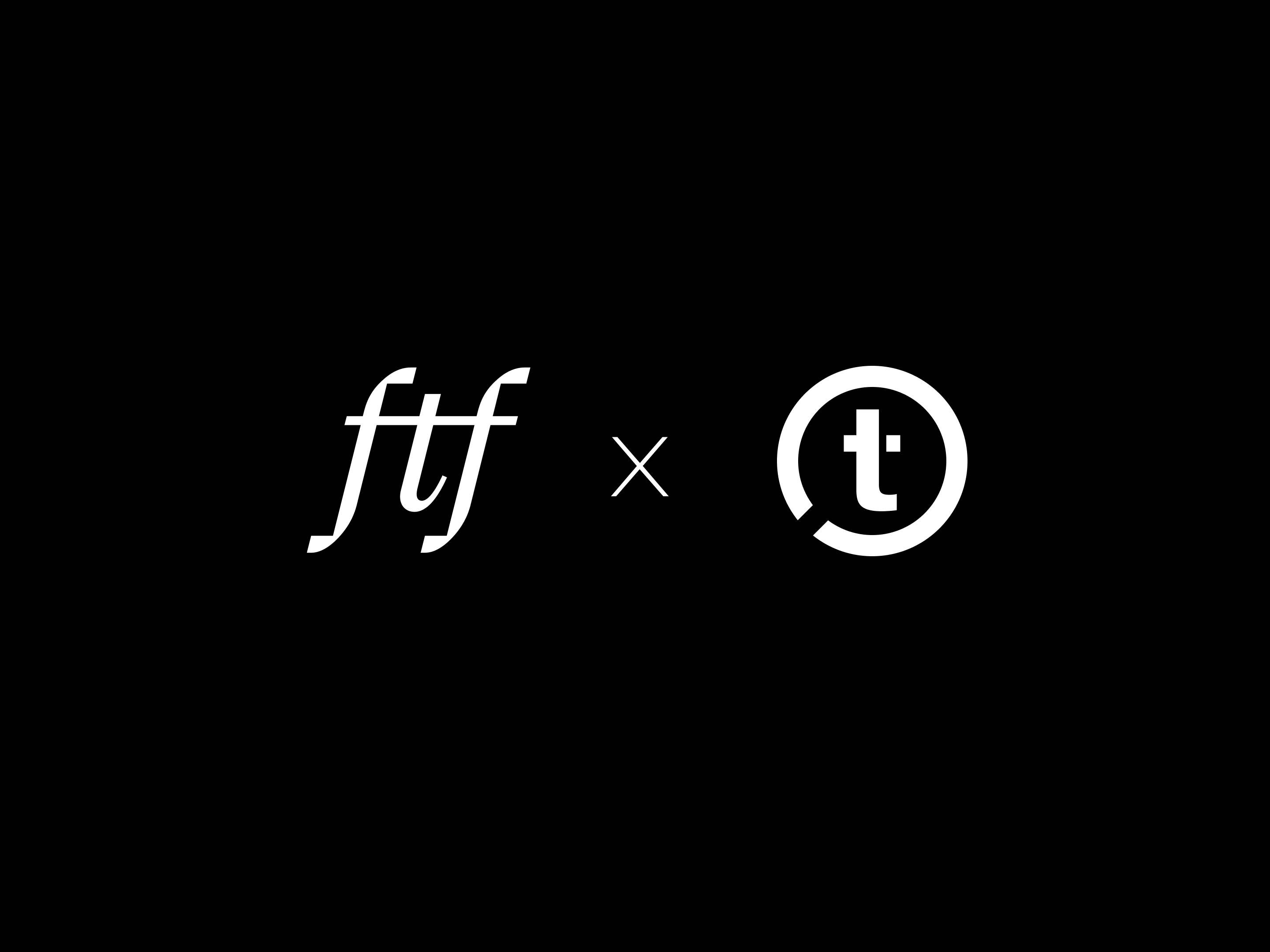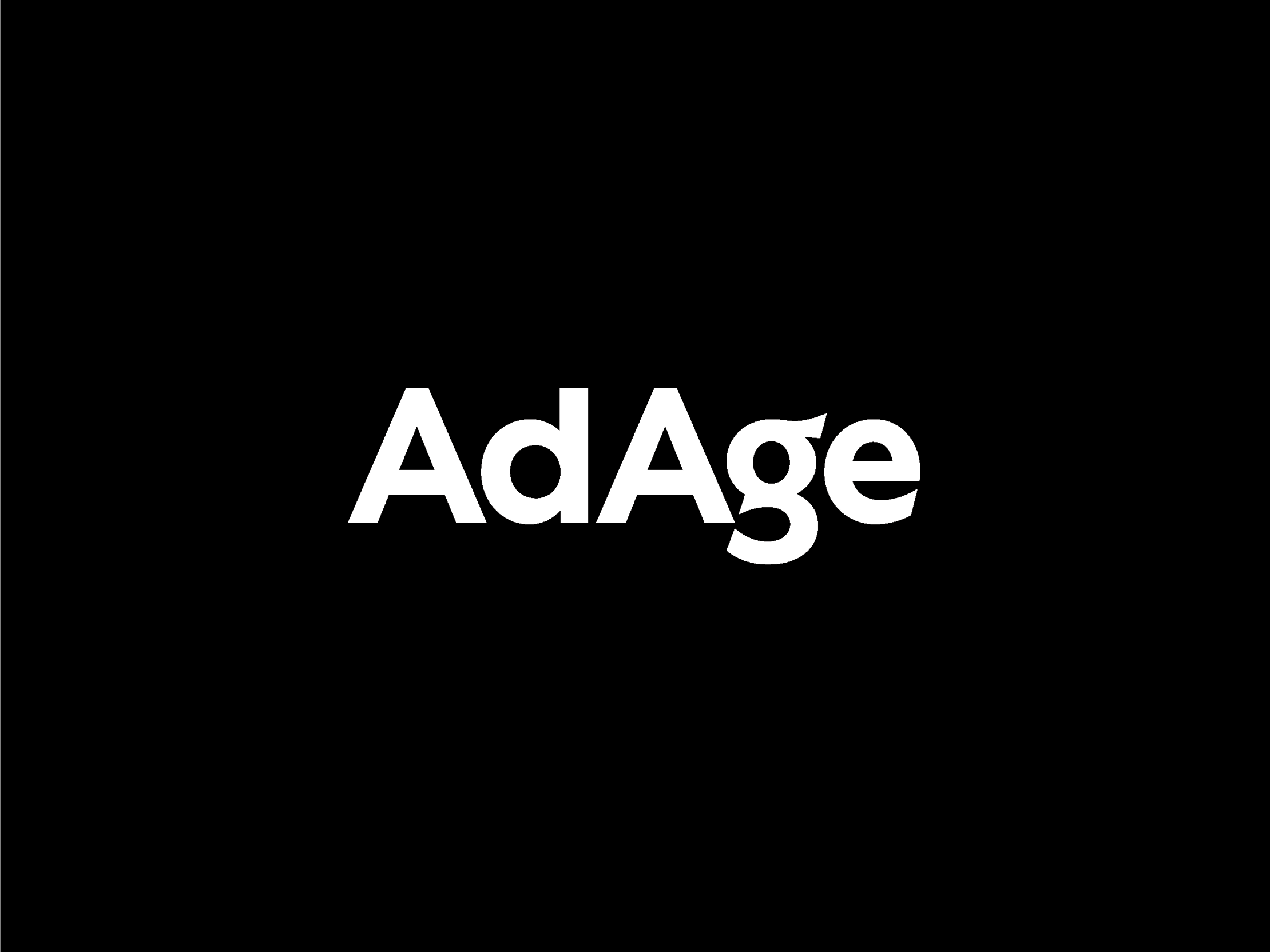
Why client anthropologists will lead agency strategy in 2030
September 12, 2025 / 3 min read

The most valuable agency role of the next decade won’t be an AI prompt engineer, a data scientist, or even a creative director. It will be a client anthropologist—a cultural researcher embedded inside a client’s business, with a mandate to see the world through the eyes of its customers in the context of their culture.
As AI and automation take over executional and production tasks, technology will handle more of the what and how of marketing. The differentiator will be the why—the emotional, cultural and human truths that no algorithm can fully decode.
Client anthropologists will live in the world of their clients’ cultures, not only in offices or Zoom meetings but also in the spaces where people actually gather, shop, play and create. They will be present where culture sparks ideas: in the many digital, social and real-world communities where trends are born and identities are shaped.
This role builds on something agencies used to prize and have, in part, lost. Decades ago, pioneers including David Ogilvy championed the idea that the best advertising comes from deep familiarity with the product and the people who use it. By 2030, it will no longer be enough to understand only the product. Agencies will need fluency in their clients’ culture and values, customers, and employees.
Their work will demand navigating how these forces interact—sometimes in harmony, sometimes in tension—and balancing cultural relevance against enduring brand value. That is why agencies will need to think and act like social scientists, not just storytellers.
Client anthropologists will be the connective tissue between hard data and lived experience. They will:
- Live the consumer journey, walking in the customer’s shoes, not only as a mystery shopper but also as a participant in their daily lives.
- Unearth hidden needs, observing not just what customers say but how they act, especially in moments of friction or desire that they can’t articulate.
- Contextualize behavior beyond data, interpreting trends through the lens of social change, cultural values, and self-identity.
- Translate insight into action, partnering with strategists, creatives and technologists to transform human truths into brand platforms and campaign ideas.
Consumers are more skeptical, more values-driven and more able to spot inauthenticity. A marketing message built purely from aggregated AI-driven behavioral signals may look precise but can miss the emotional register entirely. And when that happens, campaigns erode trust.
Client anthropologists can close that gap between what consumers want and what brands are delivering. They will bring to the table something technology cannot: empathy sharpened by immersion, and interpretation informed by both intellect and instinct.
Featured in AdAge
Categories
- Culture






